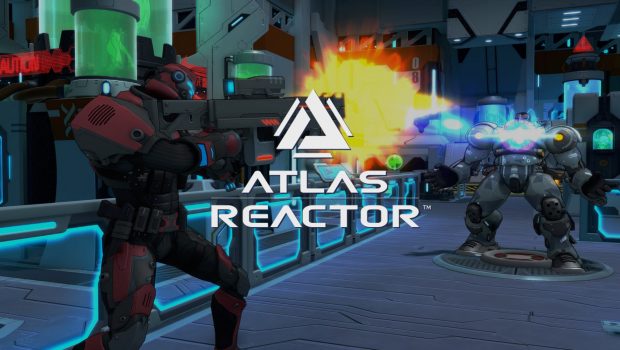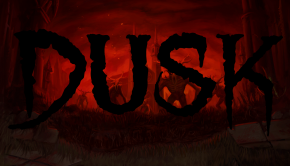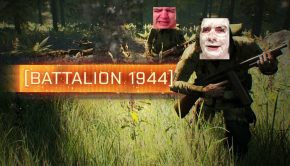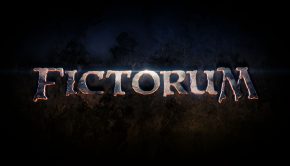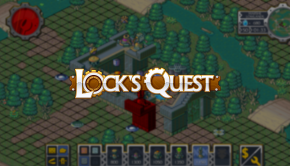Review – Atlas Reactor
I’ve been following and talking about Atlas Reactor for a while now. I’ve seen it shift through many different stages of development, including Alpha to Beta, and now to its release. I thought it would be fitting if I rounded out my opinions of this new turn-based MOBA with a final review of the state it’s in now that it has been fully released. Despite different events surrounding the game as it made changes to its purchase model, Atlas Reactor has always been a great game to me, and that definitely is still the case.
Atlas Reactor is a turn-based MOBA that has its core gameplay revolve around the three main phases of each individual turn. These phases are named Prep, Dash, and Blast. Before these three phases take place, players have about 20 seconds to input their movement and attacks for their current turn. After this, turns start off with Prep. In this phase any traps that were chosen are set along with some other utility-based abilities like invisibility. Prep is followed by Dash; during the Dash phase any characters commanded to dash or teleport do so before moving on to the Blast phase. The Blast phase is where all attacks inputted happen simultaneously on the Atlas Reactor servers and are presented to players one attack at a time. Turns end with any movement commands that are not in the Dash category.
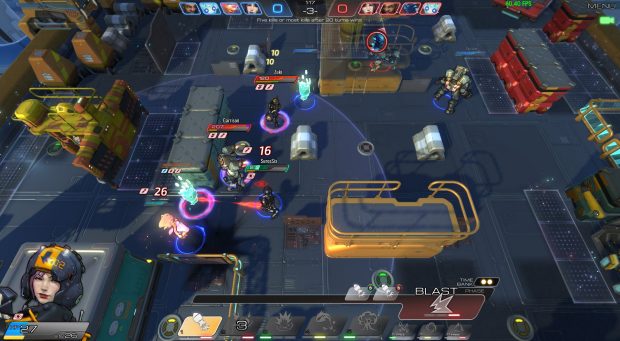
The order of these phases is very crucial because it’s what makes the game play out the way that it does. Having Prep phase before the Dash phase allows players to try and predict dashes and deal with them by setting traps that enemies might run right into in an attempt to re-position or escape. Having Dash phase happen before the Blast phase gives players more options for movement when trying to set up an elaborate strategy, or get out of the line of fire in hopes of surviving another turn. However, with the Blast phase happening last it gives players more room to outplay an opponent by predicting their Dash. Having Blast happen before the movement of non-dashes makes it so Atlas Reactor isn’t just an awful guessing game when trying to deal damage. The reason it is so important to deal damage and eventually eliminate the opposing team is because the first team to five kills wins, or the team with the highest kill count by twenty turns wins. If a tie is reached, then the game continues until one team has more kills than the other. With this setup, matches are typically around twenty minutes if they make it to turn twenty, which is nice for people who can’t commit a lot of time to playing. It’s also long enough to allow for some really close and stimulating games, so it reaches a happy medium.
All the mechanics in Atlas Reactor can be traced back to one thing: predictions. Players predict every turn whether or not an enemy will dash away, attack them, or get healed by an ally. These predictions aren’t complete shots in the dark, though, as many things displayed in-game support many different ways of thinking, such as displaying cooldowns of an opponent’s abilities. If someone sees that a player’s dash is on cooldown, they know for a fact that they can’t dodge out of the damage possibly coming their way and this allows the attacking player to put a play in motion. Players can also use the wealth of information that the game provides by bluffing and not dashing despite being at low health while having a dash up. This can cause for some pretty crazy maneuvers and tactics that can bust the game wide open if bluffs end up working in a trickster’s favor. With so many different playstyles being supported by the game, it can appeal to different players.
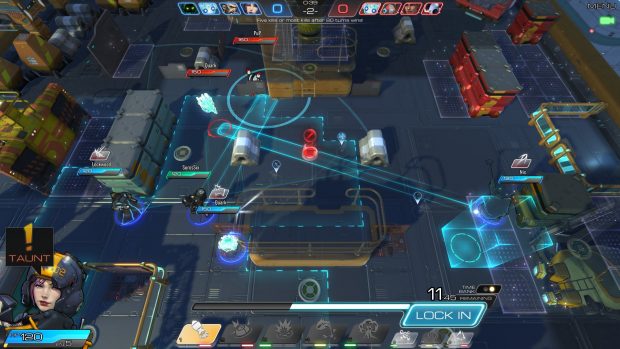
With predictions being at the helm of the game, the seasoned or skilled player is quickly separated from a new player which is a good thing. Atlas Reactor allows players to see their own improvement as games go on, due to them learning new tactics and maneuvers that they may not have thought of before. Of course, having the clearly skilled players shine above all else can be a bit of a double-edged sword. If a new player runs into a team full of skilled players then they may be disheartened if they are shown a crushing defeat, while players that notice that they are skilled are rewarded with results for their progress. I don’t think new players will have to face the frustration of playing against skilled people, though, since it seems that the game tries to match players up with those of their own skill level. For me, it just made me admire the players that were clearly skilled and it was a driving force to better myself so I could be one of them.
Atlas Reactor has much more to it than its core gameplay. It has a diverse cast of characters each having their own unique abilities, taunts, personalities, and skins. It has great visuals that make movements and turns flashy, yet clear, and it has entertaining sound design. All characters are made available with the purchase of one of the game’s packs, and all cosmetics are dolled out through a loot box system. Players get loot boxes for leveling up their account, and character of choice or freelancer as they are called in-game. The difference between the loot boxes gained by leveling an account or a freelancer is that ,when leveling a freelancer, a player is given a loot box that is specific to that character. This is a great decision as it rewards someone with loot that they would want since they are mainly playing that character. Otherwise that player would have to wait until they get duplicates that they could turn into game currency that would allow them to purchase the cosmetics they want.
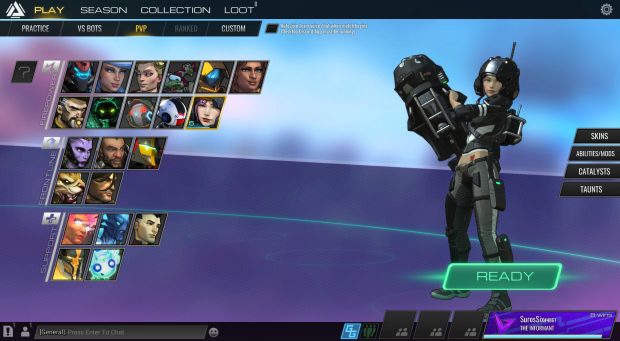
A turn-based MOBA isn’t something that I thought I wanted until I started playing Atlas Reactor and, since supporting it back in its Alpha, I was always optimistic for what it could be. I’m so glad that the final release has gone smoothly and I’m beyond thrilled that the game has only improved throughout its development. The emphasis on predictions that the order of phases in Atlas Reactor creates produces very interesting and exciting gameplay. There is no greater feeling of satisfaction than watching someone dash into your predicted line and just knowing that at the end of that turn there would be a new point on the board for your team. The journey of changes that Atlas Reactor has been through has only shown good results and this makes me very excited for the future of this game.
Summary: A competitive, fun turn-based MOBA that has lots to offer for anyone willing to give it a try.

